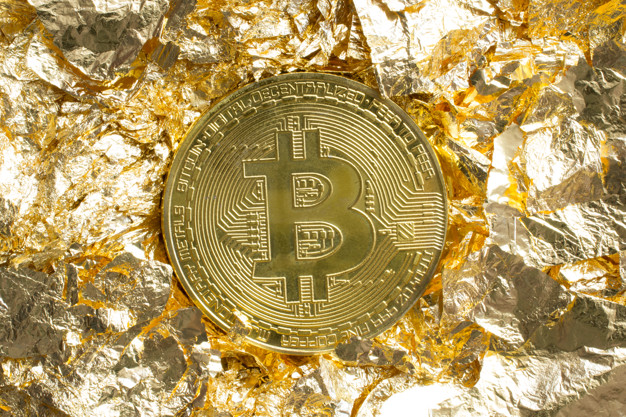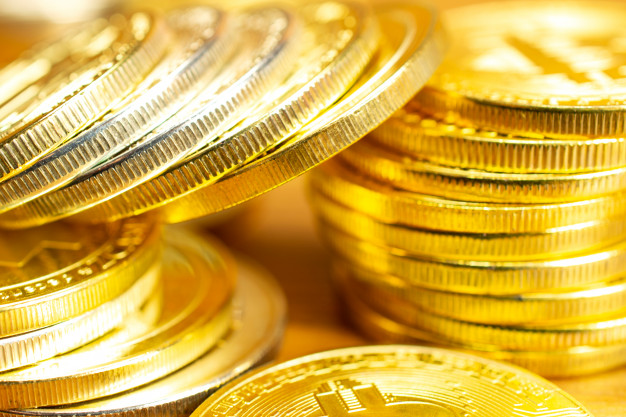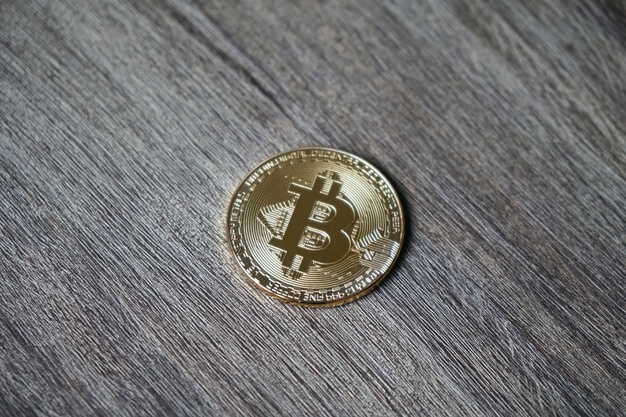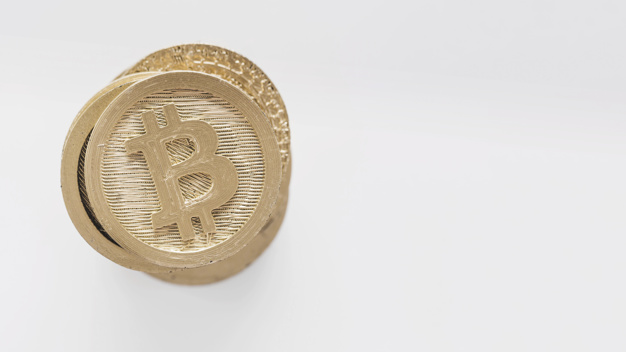
With an estimated 11 trillion USD market capitalization, the world’s most precious metal, gold, has been unchallenged with regard to its position in the global economy. However, while gold was originally used to back currencies, several critics are of the view that it was indeed poorly adapted to the modern economic system. Nevertheless, it is a testament to the asset’s strength and the undying.
With the emergence and rising popularity of Bitcoin over the past year, however, a number of financial analysts have sparked the debate of Bitcoin potentially replacing gold in the future. Since the digital asset’s inception in 2009, it has managed to vastly outperform gold, which originally was valued at less than a cent to its current status, hovering somewhere over $62,000.
Driving Forces behind Bitcoin Rise

Bitcoin has been somewhat of a bull run since the beginning of this year, shattering any past records. One of the major forces pushing Bitcoin in this direction has been the view of potentially being an effective hedge against inflation.
With economic devastation and turmoil brought about by the pandemic, many small-scale investors, as well as large institutions, have been seen fleeing towards the digital asset believing it to be a defense against inflation and the havoc it has been reeking.
The thing is, unlike traditional fiat money that may be printed in amounts willed by politicians, Bitcoin includes a cap of 21 million cemented into its founding code. Hence, as more people get their hands on it, the scarcer it will become, pushing its value upwards.
Apart from that, Bitcoin relies on blockchain technology which is decentralized. And the use of blockchain allows for a unique, immovable record. This guarantees both securities to the user as well as the availability of information whenever it is required.
Since the Bitcoin network is decentralized, you are allowed to participate in exchanges without the interference of authorities such as banks or the government. While the unregulated nature of the crypto space has become the cause of concern, this sense of greater privacy seems to be prevailing among investors attracting more attention.
And recently the increased institutional support for Bitcoin has helped cement its place in the financial world. The recent hype and major steps towards mainstream adoption have many drawing parallels between the two assets. With Bitcoin’s sky-high surges and $1 trillion market cap, the cryptocurrency is being seen very much as a competitor to the gold market. And while these two may have some similarities, they also carry some fundamental differences.
Volatility

Bitcoin’s extremely volatile nature is a major cause of concern for investors that are looking towards Bitcoin as potentially a safe haven asset.
The infamous 2017 bull run is the perfect example that displays how volatile the cryptocurrency actually is. For those that seem to have forgotten, Bitocin, in late 2017, soared to a new all-time high of $20,000 per coin. This attracted many interested investors into the crypto space betting huge amounts on the coin. Only a few months later, the digital asset plunged to stomach-churning lows, with this once optimistic investor recording huge losses.
Even though it has since then recovered in value, the incident put many investors off from investing in Bitcoin again. In fact, the value of Bitcoin has doubled in just the past four months alone. Besides the overall volatility, Bitcoin has historically proven itself to be a purely speculative asset, subject to market whims and news. A slight change in sentiment resulting from changes happening within the crypto space can cause the price of Bitcoin to either go significantly higher or lower.
While this highly volatile nature of Bitcoin may seem like a downside to many investing in this digital asset, it is one of the most attractive qualities as many risk-seeking investors prefer to invest in it rather than other assets in hopes of higher returns. Availability of trading platforms, such as bitqs app, has also played an important role in bringing many novice investors and traders to the crypto scene.
These qualities are not inherent in gold, which perhaps makes it less risky and a more stable and safer asset to put your trust in. In short, compared with Bitcoin, Gold is a more static store of value.
Intrinsic Value

Gold has an established history of commercial usage because of its anti-corrosive or conductive properties as well as the long-established cultural tradition of how shiny is better. Hence, gold has been used to make from luxury items like jewelry to specialized applications in dentistry, and more. Therefore, gold has significant value and will continue to do so for the foreseeable future.
The value of Bitcoin, on the other hand, resides in both the future value of online transactions that are conducted through its networks, as well as the sense of belief that one day, there will be a need to delegate financial trust and authority which is where Bitcoin will shine. Hence, the value of Bitcoin is essentially what people deem it is worth.
Rarity

Where supply is concerned, both Bitcoin and gold have something in common: they are rare resources.
There is a limit to the number of Bitcoins that can be mined. This limit, capped at 21 million, is dictated by the founding code, a conscious decision made by the mysterious developer of Bitcoin, Satoshi Nakamoto. Currently, roughly about 18.6 million Bitcoins have already been mined and the mining reward, through which bitcoins are created, reduces by half every four years as a result of the process of “halving“. As the figure of mined Bitcoins increases, so does the coin’s scarcity which will eventually drive its value upwards.
As for gold, it is currently unknown when all of the world’s gold will actually be mined as it does not have a stated specific finite supply as Bitcoin does.












